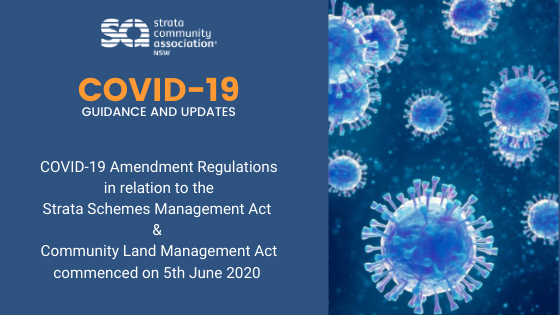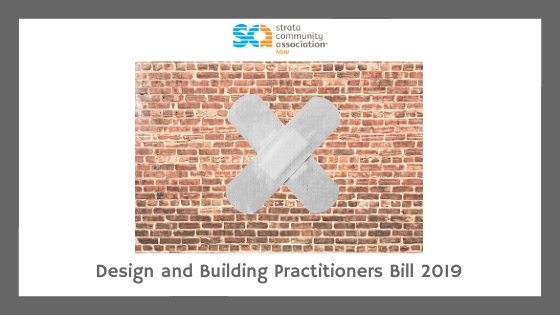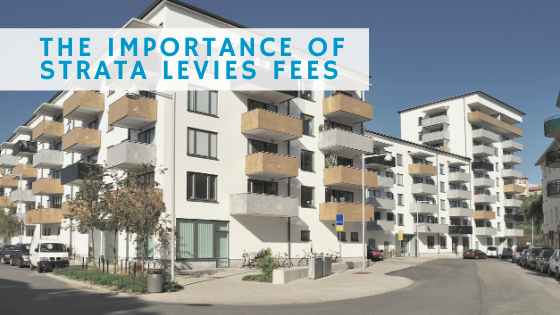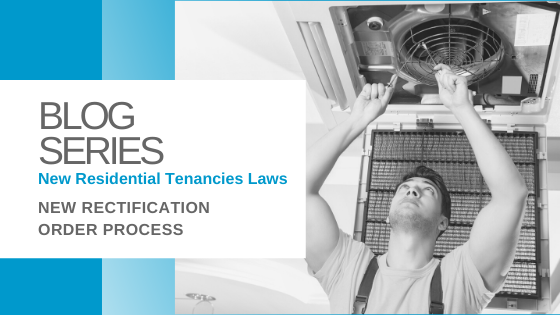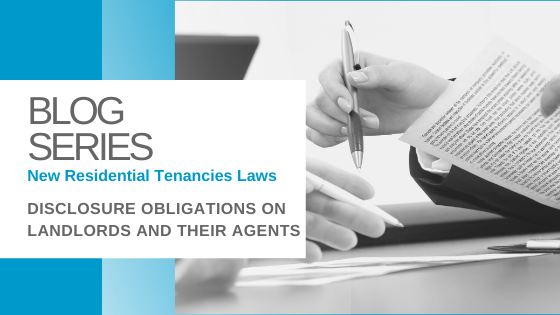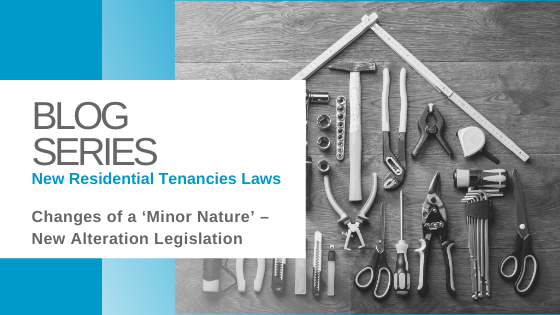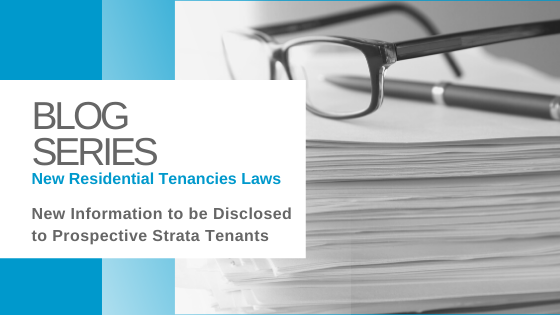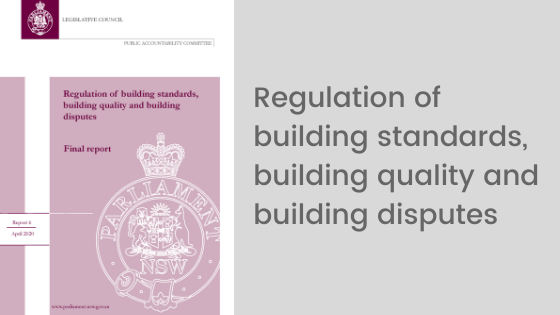
Building Standards, Building Quality and Building Disputes
The final report of the Public Accountability Committee, entitled Regulation of building standards, building quality and building disputes: Final report, was published yesterday.
The report was tabled with the Clerk of the Parliaments on 30 April 2020 – following an inquiry which was established on 4 July 2019 to inquire into and report on the regulation of building standards, building quality and building disputes.
The report is available on the Government’s website, along with submissions, transcripts of evidence and other inquiry documents here.
SCA (NSW) were very vocal on this issue, appearing before the inquiry to present our submission and table our 7-point plan, which was formulated to restore confidence in the market and deal with the retrospective failures of builders and certifiers.
The report and its recommendations are now with the government for consideration. The government is required to respond to the recommendations within six months.
We will advise our members of the government response when it has been received.
On behalf of SCA (NSW), we’d like to take this opportunity to thank our members and stakeholders for any contribution to the inquiry.
The recommendations for the government’s consideration are outlined below:
Recommendation 1
That the NSW Government introduce and debate the powers bill granting the NSW Building Commissioner new powers to ensure building standards as a matter of urgency when the NSW Parliament is reconvened in May 2020, with prompt circulation of the proposed bill to members of Parliament.
Recommendation 2
That the NSW Government resume debate on the Design and Building Practitioners Bill 2019 as a matter of urgency when the NSW Parliament is reconvened in May 2020.
Recommendation 3
That the NSW Government empower the NSW Building Commissioner to oversee all licencing inspections, within the newly created Building Commission. Further, that the Building Commission hire additional, specialised inspectors to create a more robust inspection regime for building, electrical and plumbing work in New South Wales.
Recommendation 4
That the NSW Government release and act immediately on the advice of the NSW Building Commissioner in relation to flammable cladding, or alternatively explain why it prefers an alternative approach.
Recommendation 5
That the NSW Government establish a separate division in the Building Commission, modelled on Cladding Safety Victoria, to lead the response to flammable cladding on New South Wales buildings. The cladding division should sit within the Building Commission, as recommended in the first report of this inquiry, and be responsible to the NSW Building Commissioner.
Recommendation 6
That the NSW Government require property owners, landlords and real estate agents to disclose whether a building contains flammable cladding, and the progress of any rectification measures, to prospective buyers and tenants within a reasonable timeframe prior to signing contracts and when a property is open for inspection.
Recommendation 7
That the NSW Government ensure that all buildings designed for public use such as cinemas, shopping centres, universities, hotels, entertainment centres, childcare centres and hospitals that are assessed as high-risk for flammable cladding are remediated as a priority. Additionally, members of the public entering those buildings should be made aware that a building is high-risk. This might take the form of the compulsory display of a notice to this effect and compulsory notification at the time of booking where possible.
Recommendation 8
That the NSW Government publish the specific criteria used to classify buildings as no, low or high-risk in regards to flammable cladding.
Recommendation 9
That the NSW Government provide significant further resources to Fire and Rescue NSW to enable the Fire Safety Branch to respond to the issue of flammable cladding in a timely and comprehensive manner.
Recommendation 10
That the NSW Government urgently establish an expert panel or panels, similar to the panel established in Victoria, to assess and provide advice free of charge on cladding rectification plans, including what materials homeowners can use to replace flammable cladding.
Recommendation 11
That the NSW Government adopt a practice where genuine purchasers and potential tenants are able to access information from the cladding register or similar database to clarify the cladding status of their potential future home.
Recommendation 12
That the NSW Government provide a substantial funding package, proportionate to the Victorian Government’s $600 million package, to fund the rectification of buildings containing aluminium composite panels and building products that may be banned in future. The package should be available to homeowners who have already commenced remediation work.
Recommendation 13
That the NSW Government take a proactive role in identifying other potentially flammable cladding products on the market and move to ban them or otherwise prevent their unsafe use in the construction industry.
Recommendation 14
That the NSW Government, through the Building Ministers’ Forum, seek to amend the National Construction Code to require that building materials do not create a risk of debris falling from a building during fire conditions, including for composite products.
Recommendation 15
That the NSW Government, through the Building Ministers’ Forum, seek to ensure mandatory accreditation by the National Association of Testing Authorities, Australia (NATA) for all entities that test building materials.
Recommendation 16
That the NSW Government undertake a review of the mandatory critical stage inspection regime under the Environmental Planning and Assessment Act 1979 with a view to expanding the number and scope of required inspections undertaken by accredited certifiers.
Recommendation 17
That the NSW Government consider amending the Environmental Planning and Assessment Act 1979 to require a mandatory inspection two years after a development consent has been issued to ensure that construction is consistent with the approved development application plan and the construction certificate.
Recommendation 18
That the NSW Government implement the recommendations, where practical, put forward in this report by Mr Michael Lambert to improve the certification system as soon as possible and no later than within two years. Specifically, the recommendations made by Mr Lambert to:
- provide practice guides for building certifiers and each other class of certifier of building work, setting out the role and responsibilities to which certifiers are held to account
- undertake a regular audit program of the work of building certifiers
- provide support for certifiers in the form of a help desk and a panel of experts on which they can draw for advice and a Reference Panel for mandatory reviews of select designated complex and higher risk developments
- put in place controls to mitigate conflicts of interest and increase the independence and transparency of engagement of building certifiers and building practitioners
- provide building certifiers with enhanced supervisory powers and mandatory
- reporting obligations in respect to building non-compliance
- establish and maintain a program of Continuing Professional Development for all building certifiers
- require building certifiers to be members of an approved professional association which is subject to a full professionalisation process oversighted by the Professional Standards Authority
- establish a requirement for councils and building certifiers to work together, including a requirement for mandatory reporting to councils by building certifiers of non-compliance and for councils to act on such notices and keep the building certifier informed of developments.
Recommendation 19
That the Legislative Council’s Public Accountability Committee as part of its foreshadowed inquiry to review the NSW Governments’ reforms into the building and construction industry consider as one of its terms of reference the strengthening of public control of certification, such as returning certification to local councils.
Recommendation 20
That the NSW Government review the NSW Civil and Administrative Tribunal dispute resolution process for disputes relating to strata buildings to ensure the tribunal has sufficient enforcement powers and to simplify and streamline the dispute resolution process, and to ensure that tribunal members have the relevant expertise.
Recommendation 21
That the NSW Government appoint a Strata Commissioner, to sit within the Building Commission that was recommended in the first report of this inquiry. Once established, the Strata Commissioner should undertake an initial project to scope their specific responsibilities. These may include:
- providing training, support and advice to strata committees, particularly on rectifying building defects and flammable cladding and dealing with strata disputes
- monitoring and recommending any necessary changes to the policy settings that govern disputes between homeowners and builders and developers
- appointing a buildings’ initial strata manager to be in place until the first Annual General Meeting.
Recommendation 22
That the NSW Government explore additional financial assistance measures for strata homeowners who have major defects in their buildings and who are unable to claim under the statutory warranties scheme or the Home Building Compensation scheme, noting that the committee will further consider this matter in its foreshadowed inquiry to review the NSW Government’s reforms into the building and construction industry.
We look forward to positive change to building standards and regulation in NSW.



